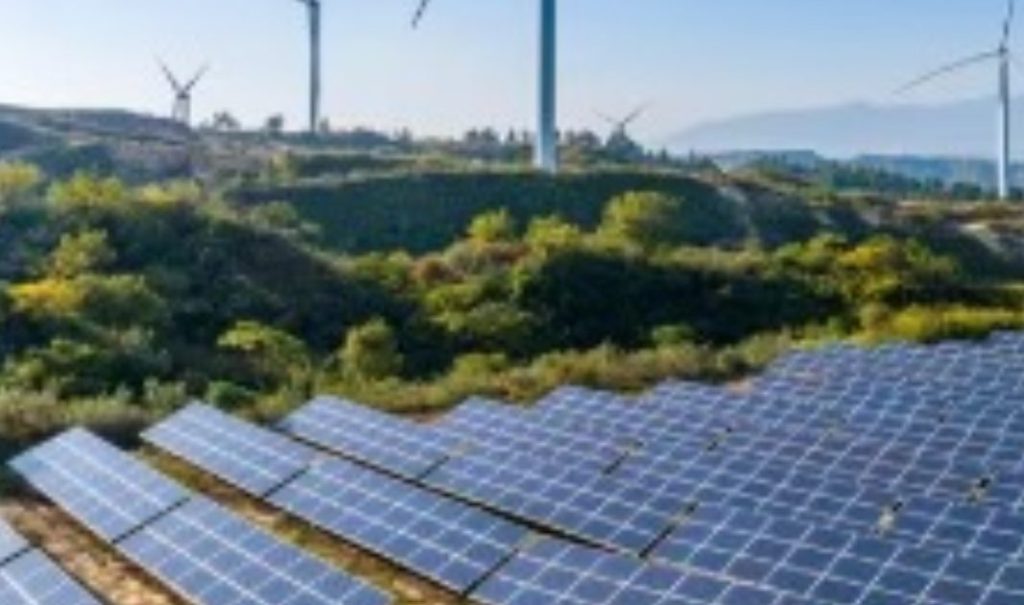Paragraph 1: Clarification on Solar Panel Import Ban in Nigeria
Recent statements by government officials regarding a potential ban on solar panel imports have created some confusion. While the Minister of Science and Technology, Uche Nnaji, expressed the government’s intention to support local solar panel production and restrict imports, the Managing Director of the Rural Electrification Agency (REA), Abba Aliyu, clarified that such a ban is not imminent. Aliyu emphasized that the government is not currently considering a ban on solar panel imports, recognizing that Nigeria’s domestic production capacity is insufficient to meet the country’s energy needs.
Paragraph 2: Rationale Behind Promoting Local Production
The government’s push towards local production of solar panels stems from the desire to reduce reliance on imports and foster domestic industrial growth. Minister Nnaji highlighted the existing capacity for solar panel production within Nigeria, referencing the National Agency for Science and Engineering Infrastructure (NASENI) and other private sector initiatives. He stressed the need to leverage these capabilities and utilize policies, such as Presidential Executive Order No. 5, to promote local industries. This intent underscores a broader strategy of promoting self-sufficiency in key sectors like renewable energy.
Paragraph 3: Balancing Import Dependence with Domestic Growth
Aliyu acknowledged the significant expenditure on solar panel imports, estimated at over N200 billion, emphasizing the need to shift towards domestic manufacturing. He stressed the importance of Lagos, as a center of excellence, in leading the charge for domestic production of renewable energy equipment. However, he reiterated that a complete ban on imports is not feasible at present, given the gap between local production and national demand. The immediate focus is on incentivizing local manufacturing and assembly to gradually bridge this gap.
Paragraph 4: Government Initiatives to Boost Local Capacity
The REA is actively working to stimulate investment in local manufacturing of renewable energy components. Aliyu outlined several initiatives, including catalyzing projects with a combined capacity of nearly 600 megawatts for PV panel manufacturing. Efforts are also underway to facilitate the establishment of a lithium battery assembly plant in the Lekki Free Zone, Lagos. Discussions are ongoing with an oil and gas company interested in investing in a 14-stage manufacturing process for lithium batteries. These initiatives demonstrate the government’s commitment to fostering a robust domestic renewable energy industry.
Paragraph 5: Long-Term Vision for Self-Sufficiency
The government’s vision is to eventually achieve self-sufficiency in solar panel production and related technologies. While immediate import restrictions are not on the table, the focus is on creating an enabling environment for local manufacturers to thrive. This includes providing incentives, attracting investment, and fostering innovation in the renewable energy sector. By gradually increasing local production capacity, Nigeria aims to reduce its dependence on imports and create a sustainable domestic industry.
Paragraph 6: A Phased Approach to Transition
The government’s approach to promoting local solar panel production can be characterized as a phased transition. The current phase involves supporting and incentivizing domestic manufacturers while acknowledging the continued need for imports. As local production capacity increases, the reliance on imports will gradually decrease. The eventual goal is to achieve a point where domestic production can fully meet national demand, allowing for a potential ban on imports in the future. This measured approach ensures a stable supply of solar panels while fostering the growth of a vital domestic industry.


